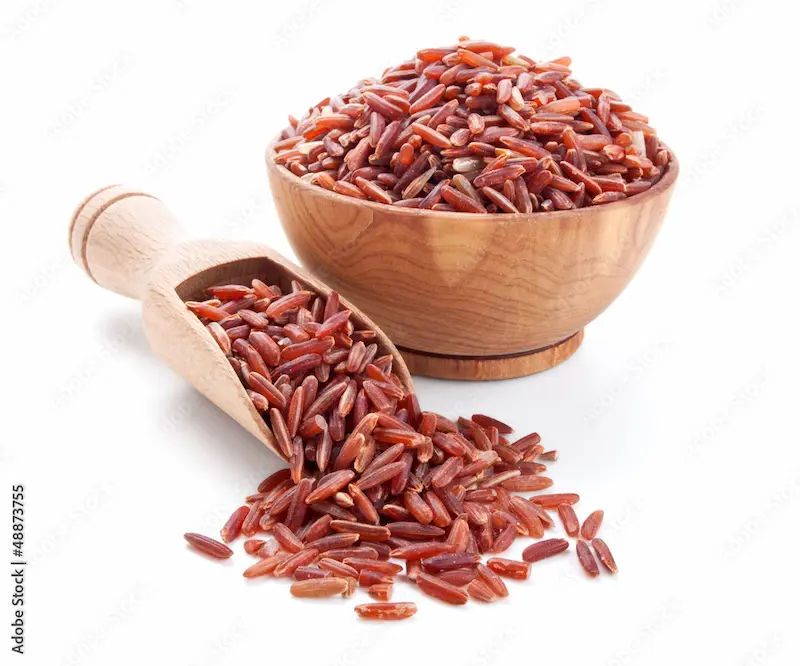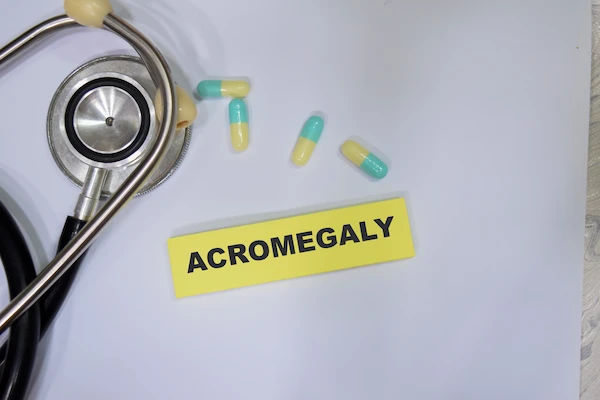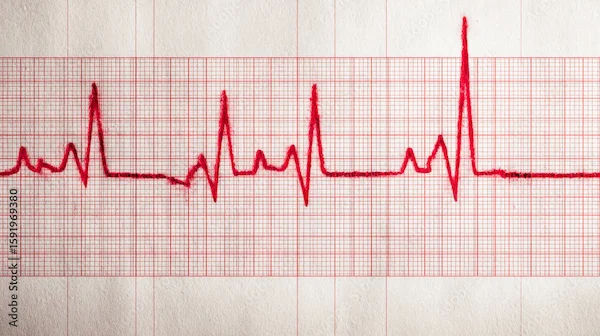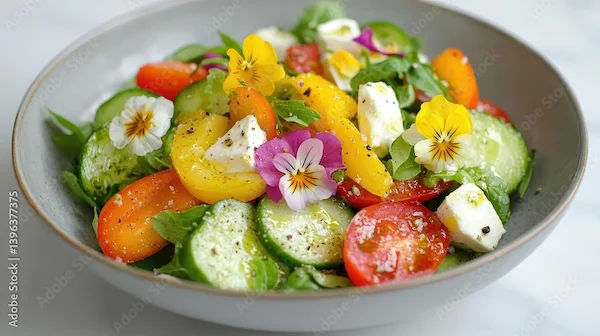Guide to Gut Friendly Foods
Discover delicious foods that support a healthy gut. Our guide covers probiotics, prebiotics, and fiber-rich options to improve digestion and overall wellness.

Written by Dr. J T Hema Pratima
Reviewed by Dr. Dhankecha Mayank Dineshbhai MBBS
Last updated on 13th Jan, 2026

Introduction
Have you ever had a "gut feeling" about something? That phrase is more scientifically accurate than you might think. Nestled within your digestive system is a complex ecosystem known as the gut microbiome, home to trillions of bacteria, fungi, and other microorganisms. This community doesn't just handle digestion; it plays a starring role in your immune function, mental health, sleep quality, and even your risk for chronic diseases. The food you eat is the primary fuel for this inner world, making your dietary choices the most powerful tool you have to influence your gut health. This comprehensive guide will demystify the science behind gut-friendly foods, providing you with a clear roadmap to nourish your microbiome. We'll explore the difference between probiotics and prebiotics, list the top foods to eat (and avoid), and offer practical tips to transform your gut health, and consequently, your overall well-being. Get ready to discover how to eat for a happier, healthier you.
Why Your Gut is Your Second Brain: More Than Just Digestion
For decades, we thought the gut's job was straightforward: break down foods and absorb nutrients. We now know it's a sophisticated control center, often called the "second brain" due to its vast network of neurons. This enteric nervous system communicates directly with the brain via the vagus nerve, creating the gut-brain axis. This connection is why stress can cause stomach butterflies and why an unhappy gut can contribute to feelings of anxiety or low mood.
The Mighty Microbiome: Trillions of Tiny Tenants
Your gut is home to approximately 40 trillion microorganisms—collectively known as your microbiome. Think of it as a bustling city, with both beneficial and harmful residents. A healthy gut has a diverse population where the "good" bacteria outnumber the "bad." This diversity is key. These microbes help digest fiber, produce essential vitamins like B12 and K, and train your immune system to distinguish between friend and foe. When this balance is disrupted (a state called dysbiosis), it can lead to digestive issues like bloating and IBS, and has been linked to wider problems including obesity, diabetes, and heart disease.
Gut Health and Your Overall Well-being: The Surprising Connections
The influence of your gut extends far beyond your digestive tract. About 70% of your immune cells reside in your gut, making a balanced microbiome your first line of defense against pathogens. Furthermore, gut bacteria produce neurotransmitters like serotonin, often called the "happiness hormone." In fact, an estimated 90% of your body's serotonin is produced in the gut. This directly links gut health to mood regulation. Research is also uncovering connections between the microbiome and skin health (like eczema), sleep quality, and energy levels.
Health Topic Carousel:
Doctor Speciality: General Physician
Text: Consult Top Specialists
The Dynamic Duo: Probiotics vs. Prebiotics Explained
To support your gut, you need to understand two key terms: probiotics and prebiotics. They work together synergistically, but play very different roles.
Probiotics: The Beneficial Bacteria Themselves
Probiotics are live, beneficial bacteria that you consume directly through foods or supplements. When you eat them, they take up temporary residence in your gut, adding to the population of good microbes. They can help crowd out harmful bacteria, improve digestion, and enhance nutrient absorption. Common sources include fermented foods like yogurt, kefir, sauerkraut, kimchi, and kombucha. Incorporating a variety of these foods is one of the best ways to improve gut bacteria diversity.
Prebiotics: The Food for Your Friendly Flora
If probiotics are the seeds, prebiotics are the fertilizer. Prebiotics are types of dietary fiber that humans cannot digest, but your beneficial gut bacteria love to eat. By consuming prebiotics, you're essentially providing fuel for the good bacteria already in your gut, helping them thrive and multiply. Excellent sources of prebiotics include garlic, onions, leeks, asparagus, bananas, oats, and apples. A diet rich in both probiotics and prebiotics creates a virtuous cycle for a flourishing microbiome, which is central to any effective leaky gut diet plan.
Top 10 Gut-Friendly Foods to Add to Your Diet Today
Ready to restock your pantry? Here are ten powerhouse foods that your gut will thank you for.
Fermented Wonders: Yogurt, Kefir, and Kimchi
1. Yogurt (with live cultures): A classic probiotic source. Look for labels that mention "live and active cultures" to ensure you're getting the benefits. Greek yogurt is also a great source of protein.
2. Kefir: A fermented milk drink that is even richer in probiotic strains than yogurt. It's thin and drinkable, making it a great base for smoothies.
3. Kimchi: This spicy, fermented Korean staple made from napa cabbage and radishes is packed with probiotics and vitamins A and C.
4. Sauerkraut: Fermented cabbage that provides probiotics and fiber. Choose unpasteurized versions from the refrigerated section, as pasteurization kills the beneficial bacteria.
5. Kombucha: A fermented tea beverage that has gained popularity for its probiotic content. Be mindful of sugar levels in some commercial brands.
Fiber Powerhouses: Legumes, Oats, and Bananas
6. Legumes (Beans & Lentils): Excellent sources of prebiotic fiber that feed your gut bacteria. They are also rich in protein, making them a fantastic plant-based food.
7. Oats: Whole oats contain a special type of fiber called beta-glucan, which has prebiotic benefits and can help lower cholesterol.
8. Bananas (especially slightly green ones): Rich in inulin, a prebiotic fiber. Slightly underripe bananas have more resistant starch, which also acts as a prebiotic.
9. Jerusalem Artichokes: One of the richest sources of inulin you can find, making them a superfood for your microbiome.
10. Asparagus: Another great prebiotic vegetable that helps promote the growth of healthy bacteria.
Polyphenol Packed: Berries, Dark Chocolate, and Green Tea
Bonus Foods: Don’t forget polyphenols! These plant compounds found in berries, dark chocolate (70% cocoa or higher), and green tea are not digested by you but are broken down by your gut bacteria. This process produces beneficial compounds that reduce inflammation and support overall health.
Foods That Harm Your Gut: What to Limit for a Happier Tummy
Just as some foods heal, others can harm. To cultivate a healthy gut, it's wise to limit:
Highly Processed Foods: Often low in fiber and high in unhealthy fats, additives, and salt, which can decrease microbial diversity.
Added Sugars and Artificial Sweeteners: Sugar feeds harmful bacteria and yeast. Some artificial sweeteners like aspartame have been shown to negatively alter the gut microbiome.
Excessive Alcohol: Alcohol can damage the gut lining and disrupt the balance of bacteria.
Fried Foods: High in saturated fats that can promote the growth of less desirable gut bacteria.
Beyond Food: Lifestyle Tips for a Balanced Gut
Diet is paramount, but other factors play a crucial role in healing your gut naturally.
The Importance of Sleep and Stress Management
Chronic stress and poor sleep can wreak havoc on your gut. Stress hormones like cortisol can alter gut bacteria composition and increase intestinal permeability ("leaky gut"). Prioritizing 7-8 hours of quality sleep and adopting stress-reduction techniques like meditation, yoga, or deep breathing can significantly benefit your microbiome. If stress or sleep issues are significantly impacting your life, consider consulting a doctor online with Apollo24|7 for personalized strategies.
Move Your Body: How Exercise Supports Gut Diversity
Regular physical activity is linked to greater diversity of gut bacteria. You don't need to run a marathon; even consistent, moderate exercise like brisk walking, cycling, or swimming can have a positive effect.
Putting It All Together: A Sample Gut-Friendly Meal Plan
Breakfast: Oatmeal made with kefir instead of milk, topped with berries and a sliced banana.
Lunch: A large salad with mixed greens, chickpeas (a legume!), and a lemon-tahini dressing. Enjoy with a glass of water or green tea.
Snack: A small bowl of yogurt with live cultures or a few squares of dark chocolate.
Dinner: Grilled salmon (rich in anti-inflammatory omega-3s) with a side of steamed asparagus and a small serving of kimchi.
Quick Takeaways:
Your gut microbiome influences digestion, immunity, mood, and more.
Probiotics are live good bacteria found in fermented foods like yogurt and kimchi.
Prebiotics are fibrous foods like garlic and bananas that feed good bacteria.
Diversity is key—eat a wide variety of plant-based foods.
Limit highly processed foods, sugar, and excessive alcohol.
Support your gut with quality sleep, stress management, and regular exercise.
If you experience persistent digestive discomfort like severe bloating, pain, or changes in bowel habits that don't improve with dietary changes, it's important to book a physical visit to a doctor with Apollo24|7 to rule out other conditions.
Conclusion
Caring for your gut is one of the most impactful investments you can make in your long-term health. By shifting your focus to incorporating more gut-friendly foods—rich in probiotics, prebiotics, and fiber—you are actively cultivating a resilient and diverse microbiome. Remember, this isn't about perfection but progression. Start small by adding one new food each week, like a spoonful of sauerkraut to your sandwich or a daily cup of kefir. Pay attention to how your body feels. The journey to better health truly begins from the inside out. Listen to your gut—it has a lot to say.
Health Topic Carousel:
Doctor Speciality: General Physician
Text: Consult Top Specialists
Frequently Asked Questions (FAQs) About Gut Health
1. What is the fastest way to improve gut health?
There's no instant fix, but the quickest positive impact comes from consistently eating a diverse range of high-fiber plants (fruits, vegetables, legumes, whole grains) and incorporating fermented foods daily. Reducing processed foods and sugar is equally important.
2. Are probiotic supplements necessary, or can I get enough from food?
Most people can get sufficient probiotics from a diet rich in fermented foods. Supplements can be beneficial in specific situations, such as after a course of antibiotics or for certain medical conditions, but it's best to consult a healthcare professional before starting them.
3. Can gut health affect weight?
Yes, research suggests a link. An imbalanced gut microbiome may influence metabolism, hunger hormones, and how we store fat. A diverse gut flora is often associated with a healthier weight.
4. I feel bloated after eating high-fiber foods. What should I do?
This is common when increasing fiber too quickly. Your gut bacteria need time to adjust. Start with small portions of high-fiber foods and gradually increase your intake over several weeks. Also, ensure you're drinking plenty of water.
5. How long does it take to heal your gut?
It varies per person based on their starting point. Some people notice improvements in digestion within a few weeks. For significant healing, such as improving gut lining integrity, it may take several months of consistent dietary and lifestyle changes.
.webp)



